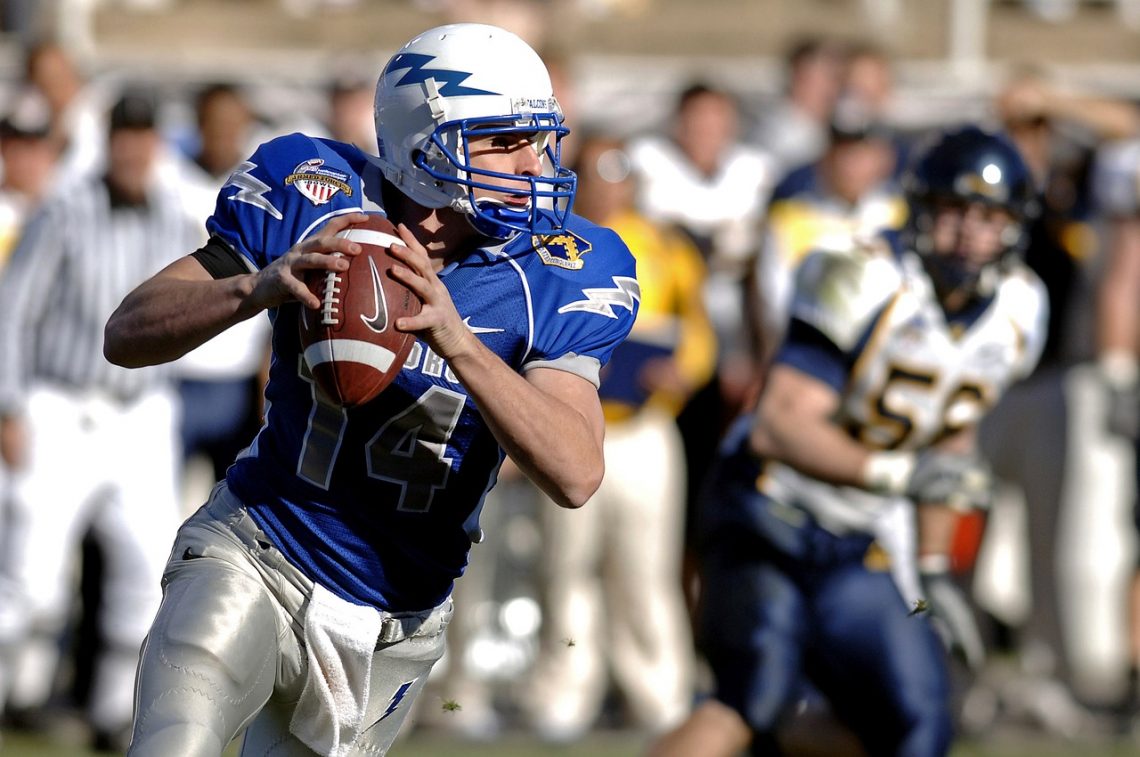A concussion is a type of traumatic brain injury that affects how your brain functions. It occurs when an external force causes the brain to move around inside the skull, which can cause a disruption in normal brain activity. This can be caused by a direct blow to the head or by whiplash-like motion from an accident.
The effects and severity of concussions vary from person to person. Knowing the signs and symptoms of concussions is important for anyone who participates in activities that involve physical contact or has suffered a head injury. The following steps can help minimize your risk of experiencing a concussion while playing sports.
Symptoms of Concussion
The most common symptom of a concussion is headache or pressure in the head. Other symptoms include confusion, dizziness, blurred vision, nausea, and vomiting, balance problems, memory loss, irritability or mood changes, sensitivity to light or noise, fatigue, or lack of energy, feeling ‘slowed down’ or having trouble concentrating.
Some people may also experience sleep disturbances, such as sleeping more than usual or having difficulty falling asleep. In rare cases, seizures may occur after suffering a concussion.
Causes of Concussion
Concussions are caused by a direct blow to the head or body that causes rapid acceleration and deceleration forces on the brain. These forces cause stretching and tearing of nerve cell connections within the brain leading to metabolic disturbances that interfere with normal brain functioning. Concussions often occur during sports activities and from falls or motor vehicle accidents but can happen any time there is an impact on the head or body.
Proper Protective Gear
The most important step you can take when participating in any contact sport is to wear appropriate protective gear. This includes wearing helmets, face masks, shoulder pads, and other protective equipment that can help absorb some of the impacts during contact activities. Properly fitted and cared-for helmets should always be worn during physical activity, especially if there is a chance for head or neck trauma.
Conditioning
Conditioning your body before participating in any sport can help reduce the risk of injury. Exercise regimens designed specifically for specific sports can help increase strength and flexibility, reducing the chances of sustaining a serious injury while playing. Stretching exercises can also help improve the range of motion and reduce muscle fatigue, which may increase the chance of getting injured.
Knowledge and Proper Technique
It’s important that players understand all the rules of the game they are playing, as well as a proper technique when tackling or blocking another player. Knowing when it’s safe to contact another player and where it is safe to hit someone (i.e., not their head) will go a long way toward preventing concussions from occurring due to improper technique or ignorance of the rules.
Additionally, coaches should ensure that their players understand all safety protocols surrounding physical activity prior to engaging in any physical activity on the field or court.
Treatment for Concussion
If you suspect you have suffered a concussion, it is important to seek medical attention immediately, as prompt recognition and treatment are critical for recovery from this type of injury. Treatment typically involves physical and mental rest until all symptoms have resolved completely before returning to any activities that could aggravate them further, such as schoolwork or sports activities.
In some cases, medications may be prescribed to manage pain associated with headaches and antidepressants if needed for mood change symptoms related to depression, anxiety, or insomnia resulting from concussion syndrome. Physical therapy may also be recommended once you are able to return without aggravating symptoms further to help regain strength, balance coordination and range of motion lost due to neurological impairments associated with concussions.
Concussions are serious injuries that can cause long-term health issues if not treated properly. Fortunately, you can take measures to reduce your risk of concussion while participating in sports, such as wearing proper protective gear, conditioning your body beforehand, and understanding all safety protocols related to your chosen sport before getting on the field or court. Taking these steps will give you greater peace of mind so you can focus on enjoying your favorite sport!






